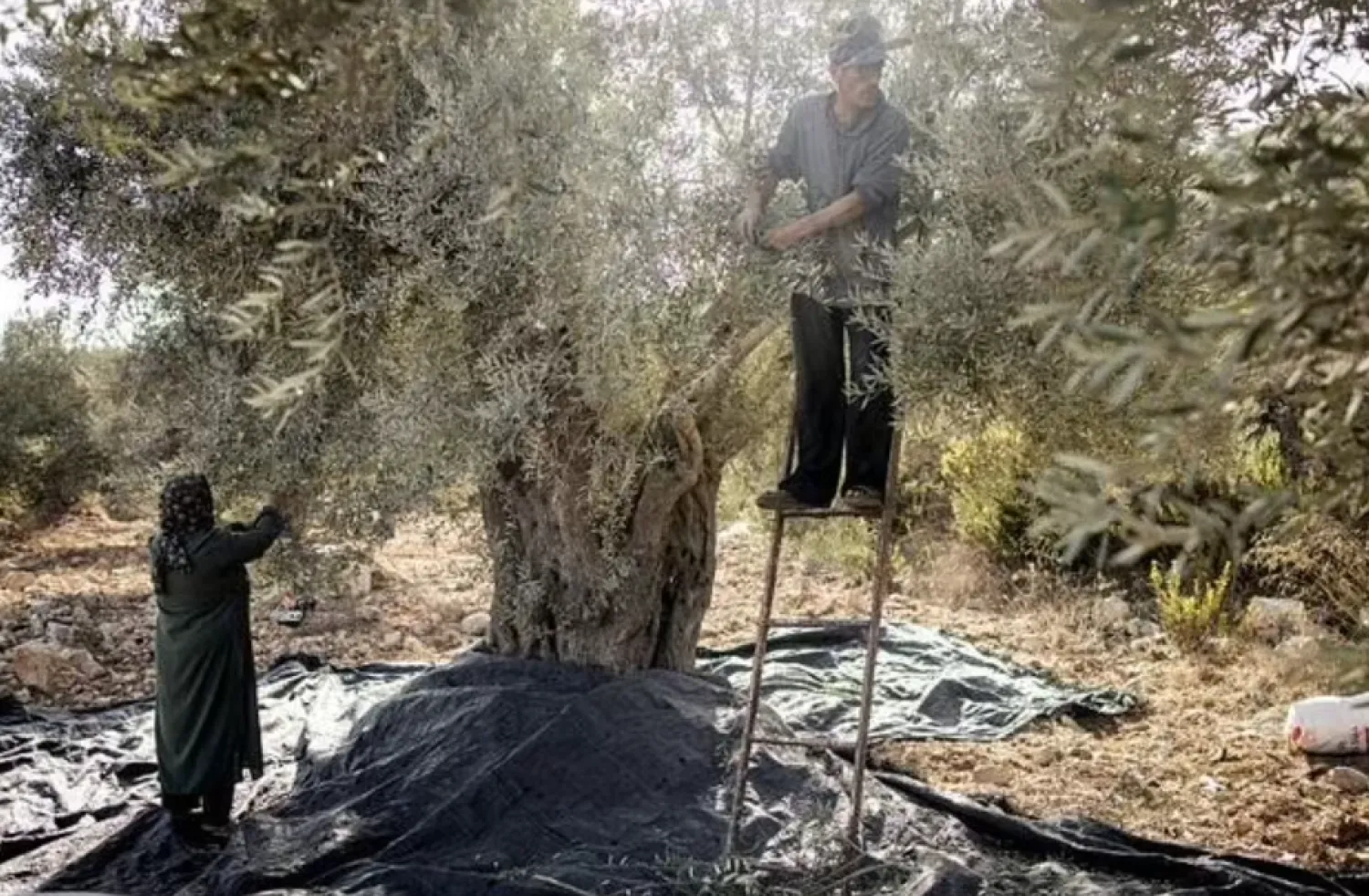Palestinian farmers in the occupied West Bank are facing "the most dangerous olive season ever", UN experts said Wednesday, urging Israeli settlers and forces not to interfere with the harvest.
They also recommended a "foreign presence" to act as a buffer between the two sides.
A dozen United Nations experts said farmers were facing intimidation, restriction of access to lands, severe harassment and attacks by armed Israeli settlers and Israeli security forces.
"In 2023, the harvest was marred by a sharp increase in movement restrictions and violence by Israeli forces and settlers," the independent experts said in a statement, AFP reported.
Last year, they said, "Palestinians in the occupied West Bank, including East Jerusalem, faced the highest level of Israeli settler violence."
Settlers had assaulted Palestinians, set fire to or damaged their crops, stolen sheep and blocked them from getting to their land, water and grazing areas, the statement added.
"Last year, Israel also seized more Palestinian land than in any year in the past 30 years," they said, adding that the situation was "expected to worsen".
- 'Challenges, threats, harassment' -
Olive harvests are central to Palestinian life and culture, said the independent experts, who are mandated by the Human Rights Council but do not speak for the United Nations.
"Restricting olive harvests, destroying orchards and banning access to water sources is an attempt by Israel to expand its illegal settlements," they argued.
Francesca Albanese, the UN special rapporteur on human rights in the Palestinian territories, was among the signatories.
The experts, also including those on the right to food, to safe drinking water and sanitation and to adequate housing, said Palestinian farmers were facing "enormous challenges, threats and harassment" in accessing their olive trees.
In 2023, more than 9,600 hectares (24,000 acres) of olive-cultivated land across the occupied West Bank was not harvested due to Israeli-imposed restrictions, they said.
That had meant the loss of 1,200 metric tons of olive oil, worth $10 million, they added. "This situation is expected to worsen," they warned, as the Israeli authorities had revoked or failed to issue permits allowing farmers to access their lands.
They urged Israeli forces to refrain from interfering with this year's olive harvest, and "concentrate their efforts on withdrawing the occupation and dismantling the colonies".
The experts said they would "continue to call for protection, including through a foreign presence acting as a buffer between the Palestinians and their aggressors, and to protect Palestinian farmers and their families".
Violence has soared in the West Bank since Hamas launched its unprecedented attack on Israel in October last year.
Israeli troops or settlers have killed more than 705 Palestinians in the West Bank since, the Ramallah-based health ministry said earlier this month.
Israeli officials say at least 24 Israelis, civilians or members of the security forces, have been killed in attacks carried out by Palestinian militants or in Israeli military operations over the same period in the West Bank.









